Lebanese Parliament Speaker Nabih Berri reiterated his call for a general session of Parliament on Jan. 9, 2025, to elect a new president as Lebanon’s presidential vacuum stretches into its third year. This call comes amid an ongoing crisis that began on October 31, 2022, following the end of former President General Michel Aoun's term. Aoun’s departure marked the conclusion of a previous presidential vacuum that lasted for 29 months, during which 45 attempts to reach a quorum for his election were unsuccessful. In the current vacuum, Parliament has failed to elect a president after twelve sessions, the most recent of which was held on June 14, 2024. This series of unsuccessful attempts highlights the profound complexities of Lebanon’s political process.
Recent domestic initiatives aimed at resolving the presidential vacancy and reaching a consensus on a candidate have also faltered. Meanwhile, representatives from five key countries, the United States, France, Saudi Arabia, Egypt, and Qatar, continue their efforts to mediate and navigate the obstacles hindering Lebanon’s political forces from agreeing on a mechanism to address the protracted vacancy crisis.
Amid persistent uncertainty surrounding the identity of Lebanon’s next president, political circles have been actively circulating the names of potential candidates. Among these, Commander of the Lebanese Army General Joseph Aoun, has emerged as a strong contender and is widely viewed as a likely consensus candidate.
The upcoming parliamentary session has ignited significant hopes that it may produce tangible results and lead to the selection of a new occupant for Baabda Palace. However, this optimism is tempered by pressing questions about whether Lebanon’s political forces can overcome their divisions, resolve the presidential vacuum, and converge on a candidate amidst the shifting political dynamics within Lebanon and across the region.
Not the First Time Around
Lebanon’s presidential elections in recent years have been characterised by persistent challenges, with deep political divisions often resulting in prolonged periods of presidential vacuum. Historically, the process of electing a president in Lebanon has proven to be both intricate and arduous, shaped not only by internal political fragmentation but also by the influence of external interventions.
Lebanon’s history is punctuated by prolonged presidential vacuums, particularly during political instability and conflict. The Lebanese Civil War (1975-1990) exemplifies such challenges, as the country grappled with multiple presidential vacuums amidst the collapse of its political system. The assassination of President Bachir Gemayel in 1982 left the presidency vacant for extended periods, while power struggles among various factions and the competing influence of foreign powers, notably Syria and Israel, further deepened the crisis. The Taif Agreement of 1989 sought to restore political order and addressed the presidency as part of its broader reforms. However, lingering sectarian tensions continued to undermine efforts to establish stable governance.
Another notable instance of a presidential vacuum occurred in 2007, following the end of President Émile Lahoud’s term without a successor being elected. This vacuum stemmed from a political deadlock, as rival factions failed to reach a consensus on a candidate. The stalemate persisted until 2008 when Michel Suleiman was finally elected president. This period of political paralysis underscored the inherent fragility of Lebanon’s political system, which is heavily dependent on consensus among its diverse sectarian groups to function effectively.
The most recent and prominent presidential vacuum occurred between May 2014 and October 2016, leaving Lebanon without a president for over two years. This prolonged impasse was driven by a political deadlock within the Lebanese Parliament, which failed to elect a successor to President Michel Suleiman after his term ended in May 2014. The vacuum reflected entrenched sectarian divisions and the pervasive influence of external actors in Lebanese politics, further complicating the quest for consensus among the main political blocs. During this period, governance faced significant challenges, including the paralysis of legislative processes and the inability to address critical national issues such as security and economic instability. The stalemate ended in 2016 when Michel Aoun assumed the presidency through a political settlement brokered between Hezbollah and the government.
Since 2016, it has become a customary practice for the Speaker of the House of Representatives to convene successive sessions to elect the president, even in the absence of a quorum or tangible outcomes.
These cases illustrate that presidential vacuums in Lebanon frequently stem from the interplay of sectarian politics, external influences, and institutional fragility. This confluence not only exacerbates crises but also undermines the functionality of key institutions, posing a significant threat to the country’s stability and future. In the most recent case, the Lebanese Parliament has been unable to elect a president despite several attempts, primarily due to the absence of a dominant political alliance within the legislature capable of securing the necessary majority. This situation underscores the need for a broader consensus among competing political blocs in order to agree on a viable presidential candidate.
The Mechanism for Electing the President in Lebanon
The President of the Republic in Lebanon is elected by the Parliament in accordance with the Lebanese Constitution. The process typically commences when the Speaker of the Parliament calls for a session to elect a new president, usually one or two months before the current President’s term expires. In the absence of such an invitation, the Parliament must convene automatically on the tenth day preceding the expiration of the President’s term.
Article 73 of the Lebanese Constitution stipulates that “At least one month before the expiration of the President’s term, or two months at most, the Parliament shall convene upon the invitation of its President to elect a new President. If the Parliament is not called for this purpose, it shall convene on the tenth day preceding the expiration of the President’s term. Article 75 further clarifies that the Parliament, when convened to elect the President, is considered an electoral body rather than a legislative one and must focus solely on electing the President, without addressing any other matter.” These provisions highlight that the presidential election is a constitutional obligation to be carried out before the expiration of the incumbent’s term. Despite this clear constitutional framework, Lebanon has struggled, since the “Taif Agreement” of 1989, to hold presidential elections within the prescribed timeframe. Instead, the presidency often faces extensions or vacancies due to the intricate political and sectarian dynamics inherent in the country’s system of settlements and quotas. These complexities frequently lead to protracted delays in the election of a new president, as well as in the formation of governments or the assignment of individuals to form them, often stretching the process over several months.
The Lebanese Constitution does not outline a specific procedure for candidates to follow when submitting their nominations, which means that the support of parliamentary blocs for a particular candidate becomes the decisive factor in determining the viability of that candidate’s path to the Baabda Presidential Palace.
Article 49 of the Lebanese Constitution stipulates, “The President of the Republic shall be elected by secret ballot by a two-thirds majority of the House of Representatives in the first round, with an absolute majority sufficing in subsequent rounds of voting.” The President’s term lasts for six years, and re-election is prohibited until at least six years have passed since the conclusion of the previous term. Furthermore, no individual may be elected to the presidency unless they fulfil the constitutional qualifications for representation, which do not preclude eligibility for candidacy.
Voting is conducted by secret ballot. In the first round, the candidate requires a two-thirds majority of the members of the House of Representatives (86 out of 128 votes) to secure an election. In the subsequent round, an absolute majority is sufficient for the candidate to be elected.
Each time the representatives attend and participate in the first session without electing a president, they subsequently withdraw, causing the quorum to be lost for holding a second session, and this cycle repeats. This situation has sparked extensive debate in Lebanon regarding the quorum required for the second session. However, this debate does little to address the core reasons behind the ongoing presidential vacuum.
The Dilemma of Reaching Consensus on the Next President
The process of electing a new president in Lebanon is fraught with a series of complex challenges, both internal and external. The absence of political consensus among the Lebanese factions is the greatest among these challenges. A deep divide persists over the most suitable presidential candidate, complicating efforts to reach an agreement. The Shiite duo, represented by the Amal Movement and Hezbollah, remain steadfast in their support for the nomination of Suleiman Frangieh, while figures such as Walid Jumblatt back Army Commander Joseph Aoun. In the absence of a political faction with a commanding majority to secure the presidency for its candidate, achieving consensus among the parliamentary blocs is crucial.
In the search for solutions to the ongoing presidential crisis in Lebanon, General Joseph Aoun’s name has emerged as a potential candidate. Walid Jumblatt, the head of the Progressive Socialist Party, put forward Aoun’s name as one of three alternatives to Suleiman Frangieh and Michel Moawad, citing his capacity to address the security challenges currently plaguing Lebanon. In the context of discussions surrounding Aoun’s presidential candidacy, Samir Geagea, leader of the “Lebanese Forces” party, indicated his willingness to support the general. However, Parliament Speaker Nabih Berri has previously stated that electing Aoun would necessitate a constitutional amendment to bypass the stipulation requiring the resignation of first-class employees within two years of assuming office.
Article 49 of the Lebanese Constitution contains a significant provision that restricts senior civil servants, including military personnel, from running for the presidency while in active service. These individuals shall step down from their positions for at least two years to be eligible. However, past constitutional amendments or exceptions have facilitated the election of military leaders, such as Émile Lahoud and Michel Suleiman, suggesting that such provisions could be revisited for future candidates. Despite this possibility, the current political context, marked by the government’s resignation, renders such an amendment highly improbable. Consequently, this situation has effectively blocked the path to General Joseph Aoun’s candidacy, as the “Shiite Duo” remains opposed to such a move.
On the other hand, Aoun is receiving Arab and international acclaim. It is rumoured that the French side proposed the name of the army commander for the presidency during the meeting of the five countries concerned with Lebanon in Paris last February to discuss the Lebanese crisis and achieve consensus on a consensus candidate, in addition to the support of some Lebanese. However, internal divisions among Lebanese politicians hindered consensus on his election, evident in the last session when he received only one vote. Meanwhile, Gebran Bassil, head of the Free Patriotic Movement and son-in-law of former President Michel Aoun, opposes Aoun’s accession to the presidency, justifying this by saying he betrayed the former president.
In contrast, the Shiite representatives are sticking to their candidate, Suleiman Frangieh, head of the “Marada” Movement and former representative and minister, who is considered one of the oldest candidates for the presidential elections in Lebanon, as he received the support of the “Shiite Duo” represented by “Hezbollah” and the “Amal Movement” since March 2023. During the twelfth electoral session, Frangieh only contested one electoral contest in June 2024, which witnessed intense competition between him and the opposition candidate and the “Free Patriotic Movement,” former Finance Minister Jihad Azour. That session ended with Azour winning 59 votes compared to 51 for Frangieh before the “Shiite Duo” representatives withdrew, causing the second round to lose its quorum.
Although Frangieh’s chances have declined significantly after the Israeli war on “Hezbollah” and the fall of the regime of Syrian President Bashar al-Assad, to whom he was close, he has not yet announced the withdrawal of his candidacy. In his latest statement, Frangieh confirmed that he will continue to compete, indicating his readiness to negotiate the name of another candidate if he is agreed upon in the session of Jan. 9, 2025. He stipulates that the proposed name be significant and in line with the current stage.
Other candidates include Azour, who has extensive ties to Western and Arab countries and a reformist vision for the Lebanese economy. However, he lacks the support of the Shiite duo. Banker Samir Assaf is also considered a potential candidate with the support of French President Emmanuel Macron, but his chances domestically appear slim.
Samir Geagea, head of the Lebanese Forces party, is also running for the position despite being aware of the widespread opposition to him. He has the largest number of Christian deputies in parliament. He has set conditions for accepting Aoun’s nomination, expressing his desire to know his political programme for the presidency.
Ziyad Baroud, a human rights activist and former minister who served as interior minister in 2008, is considered a potential candidate for the Lebanese presidency. His name is being floated as a consensus candidate, although no parliamentary bloc has declared its support for him, and he has not received any rejection from political parties. Baroud is known for his good relations with most political parties. Still, his candidacy for parliament in 2018 on the “Free Patriotic Movement” list negatively affected his relations with some opposition parties, especially among Christians.
On December 12, 2024, Representative Neemat Frem, head of the executive council of Project Watan, announced his candidacy for the presidency of the republic according to certain principles he had set. Although no bloc has endorsed his candidacy, he has a good relationship with all opposition forces and with the Maronite Patriarchate, which enhances his chances as a potential candidate under the current circumstances.
An Opportunity that May Never Arise Again
The forthcoming session to elect the Lebanese President represents a critical juncture as Lebanon’s political landscape witnesses a resurgence of presidential activity. Over the past year, however, the prospect of a solemn session to elect a new president has remained elusive. This stagnation can be attributed in large part to the priorities of the “Shiite duo,” comprising the “Amal” Movement and “Hezbollah,” which shifted their focus toward regional and military concerns. In the first half of the year, their attention was consumed by efforts to support Gaza. In contrast, the protracted confrontation with Israel in the latter half overshadowed any domestic political agenda, including the presidential election, resulting in repeated delays. Additionally, Hezbollah’s diminished influence following Israeli strikes, which disrupted its organisational structure, culminated in a ceasefire and a gradual withdrawal from southern Lebanon.
The achievement of the presidential entitlement is also affected by regional and global factors. These factors include potential changes in Syria, especially after the fall of the Assad regime, which played an important role in determining the identity of the Lebanese president in the past. In addition, international developments such as anticipation of the possible return of President Donald Trump to the White House, as the political arena is witnessing noticeable movements by the international community, are also factors.
These pressures reflect the importance of electing a new president to meet the aspirations of the Lebanese people and restore the country’s sovereignty. The Lebanese presidency seemed unofficially linked to the ceasefire agreement, with the election of a new president seen as a key entry point for restoring the regularity of constitutional institutions. This step is expected to be followed by the formation of a government not controlled by “Hezbollah” and capable of implementing UN Security Council Resolution 1701, including the disarmament of all illegal armed groups. U.S. mediator Amos Hochstein has stressed the importance of expediting the election of a Lebanese president. At the same time, Macron called for the election of a president without delay, sending his special representative Jean-Yves Le Drian to Beirut as part of ongoing efforts to resolve the political crisis.
Finally, the recurring nature of these vacuums emphasises the need for reforms to enhance political stability and ensure effective governance in the face of Lebanon’s multifaceted crises. However, the political landscape around the session to elect the Lebanese president remains unclear. Expectations indicate that the upcoming session may be decisive, as it is likely to elect a new president, in light of some indications of a possible consensus among political forces on the name of the Lebanese Army Commander Joseph Aoun as a presidential candidate. However, the final position of the Shiite duo, Hezbollah and the Amal Movement, on his nomination depends on guarantees pertaining to the security situation in the south and reconstruction after the Israeli war.
This raises three main possibilities for the next session: either the opposition and the “Shiite duo” agree on the name of the army commander, the Christian forces intersect over a name, or the votes are scattered during the session, as happened in the previous 12 sessions.
Therefore, the success of the upcoming session in electing a new president may pave the way for the urgent resumption of Lebanese institutions, which will help address pressing issues such as post-conflict reconstruction and improving relations with Arab and Western countries. Based on these factors, the upcoming session is a real opportunity for Lebanon to emerge from the presidential vacuum and achieve progress towards political and economic stability; otherwise, Lebanon will face international marginalisation and enter a state of uncertainty.
References
دور رئيس الجمهورية وانتخابه وصلاحياته في الدستور، رئاسة الجمهورية اللبنانية، تاريخ الاطلاع: 8 يناير 2025، متاح على الرابط التالي:http://www.presidency.gov.lb/Arabic/PresidentoftheRepublic/Pages/Constitution.aspx
شقير، وليد. (5 أبريل2023)، خلاف قائد جيش لبنان والوزير امتداد للفراغ الرئاسي. اندبندنت عربية، تاريخ الاطلاع:5 يناير 2025، متاح على الرابط التالي: https://www.independentarabia.com/node/427746/%D8%B3%D9%8A%D8%A7%D8%B3%D8%A9/%D8%AA%D9%82%D8%A7%D8%B1%D9%8A%D8%B1/%D8%AE%D9%84%D8%A7%D9%81-%D9%82%D8%A7%D8%A6%D8%AF-%D8%AC%D9%8A%D8%B4-%D9%84%D8%A8%D9%86%D8%A7%D9%86-%D9%88%D8%A7%D9%84%D9%88%D8%B2%D9%8A%D8%B1-%D8%A7%D9%85%D8%AA%D8%AF%D8%A7%D8%AF-%D9%84%D9%84%D9%81%D8%B1%D8%A7%D8%BA-%D8%A7%D9%84%D8%B1%D8%A6%D8%A7%D8%B3%D9%8A
من هم المرشّحون لرئاسة الجمهورية اللبنانية في 2025؟، (18 ديسمبر 2024)، النهار، تاريخ الاطلاع: 5 يناير 2024، متاح على الرابط التالي: https://www.annahar.com/Lebanon/Politics/181169/%D9%85%D9%86-%D9%87%D9%85-%D8%A7%D9%84%D9%85%D8%B1%D8%B4%D8%AD%D9%88%D9%86-%D9%84%D8%B1%D8%A6%D8%A7%D8%B3%D8%A9-%D8%A7%D9%84%D8%AC%D9%85%D9%87%D9%88%D8%B1%D9%8A%D8%A9-%D9%81%D9%8A-2025
ما الذي يمنع اللبنانيين من انتخاب رئيس جديد للبلاد؟ (23 أكتوبر 2025). سكاي نيوز عربية، تاريخ الاطلاع:8 يناير 2025، متاح على الرابط التالي: https://www.skynewsarabia.com/middle-east/1749930-%D9%8A%D9%85%D9%86%D8%B9-%D8%A7%D9%84%D9%84%D8%A8%D9%86%D8%A7%D9%86%D9%8A%D9%8A%D9%86-%D8%A7%D9%86%D8%AA%D8%AE%D8%A7%D8%A8-%D8%B1%D9%8A%D9%94%D9%8A%D8%B3-%D8%AC%D8%AF%D9%8A%D8%AF-%D9%84%D9%84%D8%A8%D9%84%D8%A7%D8%AF%D8%9F
الشرق الإخبارية. (27 نوفمبر 2024) النص الكامل لاتفاق وقف إطلاق النار في لبنان، تاريخ الاطلاع: 5 يناير 2025، متاح على الرابط التالي: https://asharq.com/politics/108035/%D8%A7%D9%84%D9%86%D8%B5-%D8%A7%D9%84%D9%83%D8%A7%D9%85%D9%84-%D9%84%D8%A7%D8%AA%D9%81%D8%A7%D9%82-%D9%88%D9%82%D9%81-%D8%A5%D8%B7%D9%84%D8%A7%D9%82-%D8%A7%D9%84%D9%86%D8%A7%D8%B1-%D9%81%D9%8A-%D9%84%D8%A8%D9%86%D8%A7%D9%86/
فخري، د. ر. (30 نوفمبر2024) هل تضع 2025 حدًا للشغور الرئاسي في لبنان؟ اندبندنت عربي، تاريخ الاطلاع:7 يناير ،2025 متاح على الرابط التالي: https://www.independentarabia.com/node/612989/%D8%B3%D9%8A%D8%A7%D8%B3%D8%A9/%D8%AA%D9%82%D8%A7%D8%B1%D9%8A%D8%B1/%D9%84%D8%A8%D9%86%D8%A7%D9%86-%D9%8A%D8%AA%D8%B1%D9%82%D8%A8-%D8%A7%D9%86%D8%AA%D8%AE%D8%A7%D8%A8-%D8%B1%D8%A6%D9%8A%D8%B3-%D9%82%D8%B1%D9%8A%D8%A8%D8%A7-%D8%A3%D9%8A-%D8%AF%D9%88%D8%B1-%D9%84%D8%A3%D9%85%D9%8A%D8%B1%D9%83%D8%A7-%D9%88%D8%A5%D9%8A%D8%B1%D8%A7%D9%86%D8%9F
حجار، غسان. (21 ديسمبر 2024)، ماذا في جديد ملف الانتخابات الرئاسية في لبنان؟، النهار.، تاريخ الاطلاع: 8 يناير 2025، متاح على الرابط التالي: https://www.annahar.com/Lebanon/181798/%D9%85%D8%A7%D8%B0%D8%A7-%D9%81%D9%8A-%D8%AC%D8%AF%D9%8A%D8%AF-%D9%85%D9%84%D9%81-%D8%A7%D9%84%D8%A7%D9%86%D8%AA%D8%AE%D8%A7%D8%A8%D8%A7%D8%AA-%D8%A7%D9%84%D8%B1%D8%A6%D8%A7%D8%B3%D9%8A%D8%A9-%D9%81%D9%8A-%D9%84%D8%A8%D9%86%D8%A7%D9%86
أسطيح، بولا. (1 يناير 2025)، استحقاقات ترسم مستقبل لبنان في عام 2025. الشرق الأوسط.، تاريخ الاطلاع: 5 يناير 2025، متاح على الرابط التالي: https://aawsat.com/%D8%A7%D9%84%D8%B9%D8%A7%D9%84%D9%85-%D8%A7%D9%84%D8%B9%D8%B1%D8%A8%D9%8A/%D8%A7%D9%84%D9%85%D8%B4%D8%B1%D9%82-%D8%A7%D9%84%D8%B9%D8%B1%D8%A8%D9%8A/5097057-%D8%A7%D8%B3%D8%AA%D8%AD%D9%82%D8%A7%D9%82%D8%A7%D8%AA-%D8%AA%D8%B1%D8%B3%D9%85-%D9%85%D8%B3%D8%AA%D9%82%D8%A8%D9%84-%D9%84%D8%A8%D9%86%D8%A7%D9%86-%D9%81%D9%8A-%D8%B9%D8%A7%D9%85-2025%D8%A7%D9%84%D8%B9%D8%B1%D8%A8%D9%8A/%D8%A7%D9%84%D9%85%D8%B4%D8%B1%D9%82-%D8%A7%D9%84%D8%B9%D8%B1%D8%A8%D9%8A/5097057-%D8%A7%D8%B3%D8%AA%D8%AD%D9%82%D8%A7%D9%82%D8%A7%D8%AA-%D8%AA%D8%B1%D8%B3%D9%85-%D9%85%D8%B3%D8%AA%D9%82%D8%A8%D9%84-%D9%84%D8%A8%D9%86%D8%A7%D9%86-%D9%81%D9%8A-%D8%B9%D8%A7%D9%85-2025
الشرق الاخبارية).7 يناير 2025) لبنان.. رئيس مجلس النواب يدعو لعقد جلسة عامة لانتخاب رئيس للبلاد الخميس تاريخ الاطلاع: 8 يناير 2025، متاح على الرابط التالي https://asharq.com/politics/112277/%D9%84%D8%A8%D9%86%D8%A7%D9%86-%D8%A8%D8%B1%D9%8A-%D9%8A%D8%AF%D8%B9%D9%88-%D9%84%D8%B9%D9%82%D8%AF-%D8%AC%D9%84%D8%B3%D8%A9-%D8%B9%D8%A7%D9%85%D8%A9-%D9%84%D8%A7%D9%86%D8%AA%D8%AE%D8%A7%D8%A8-%D8%B1%D8%A6%D9%8A%D8%B3-%D9%84%D9%84%D8%A8%D9%84%D8%A7%D8%AF/
Aboultaif, E. (2019). Revisiting the semi-consociational model: democratic failure in prewar Lebanon and post-invasion Iraq. International Political Science Review, 41(1), 108-123. https://doi.org/10.1177/0192512119871321
Ariss, A. and Sidani, Y. (2016). Understanding religious diversity: implications from Lebanon and France. Cross Cultural & Strategic Management, 23(3), 467-480. https://doi.org/10.1108/ccsm-02-2015-0020
Carvalho, E. (2023). Presidential system in crisis? an analysis of governability and political crises. https://doi.org/10.56238/devopinterscie-043
Sanyal, R. (2017). A no-camp policy: interrogating informal settlements in Lebanon. Geoforum, 84, 117-125. https://doi.org/10.1016/j.geoforum.2017.06.011
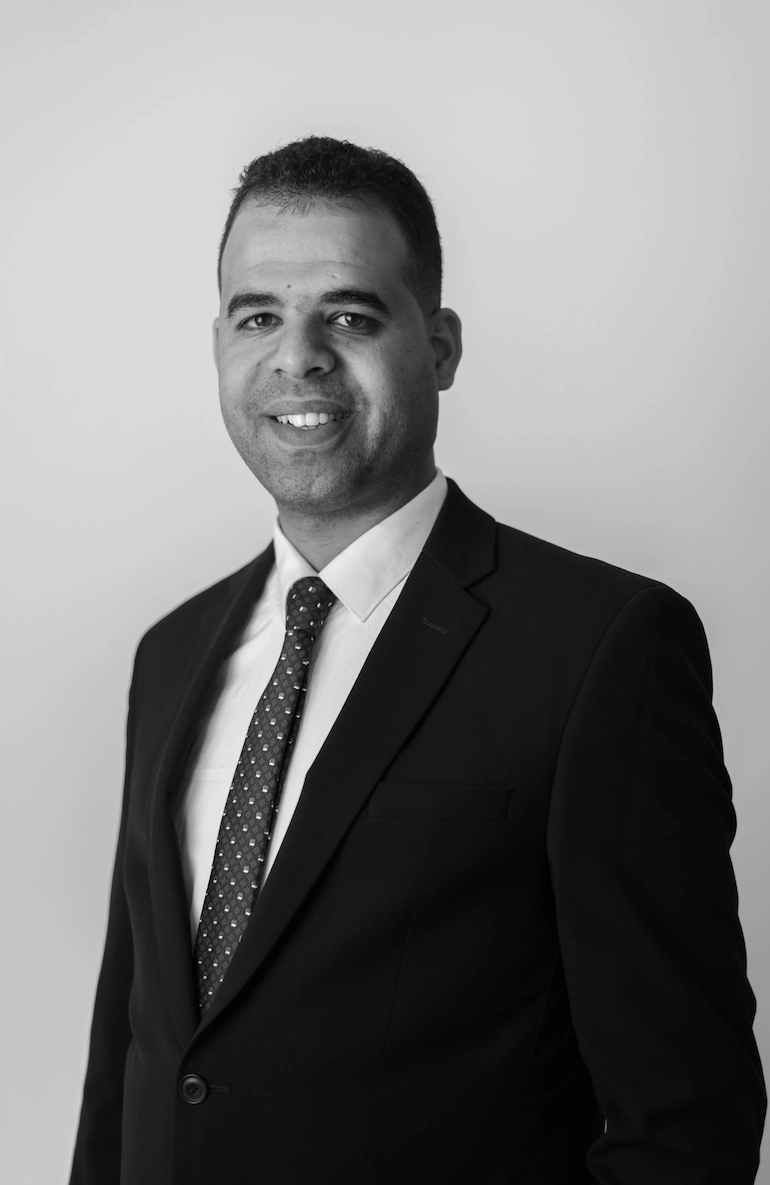
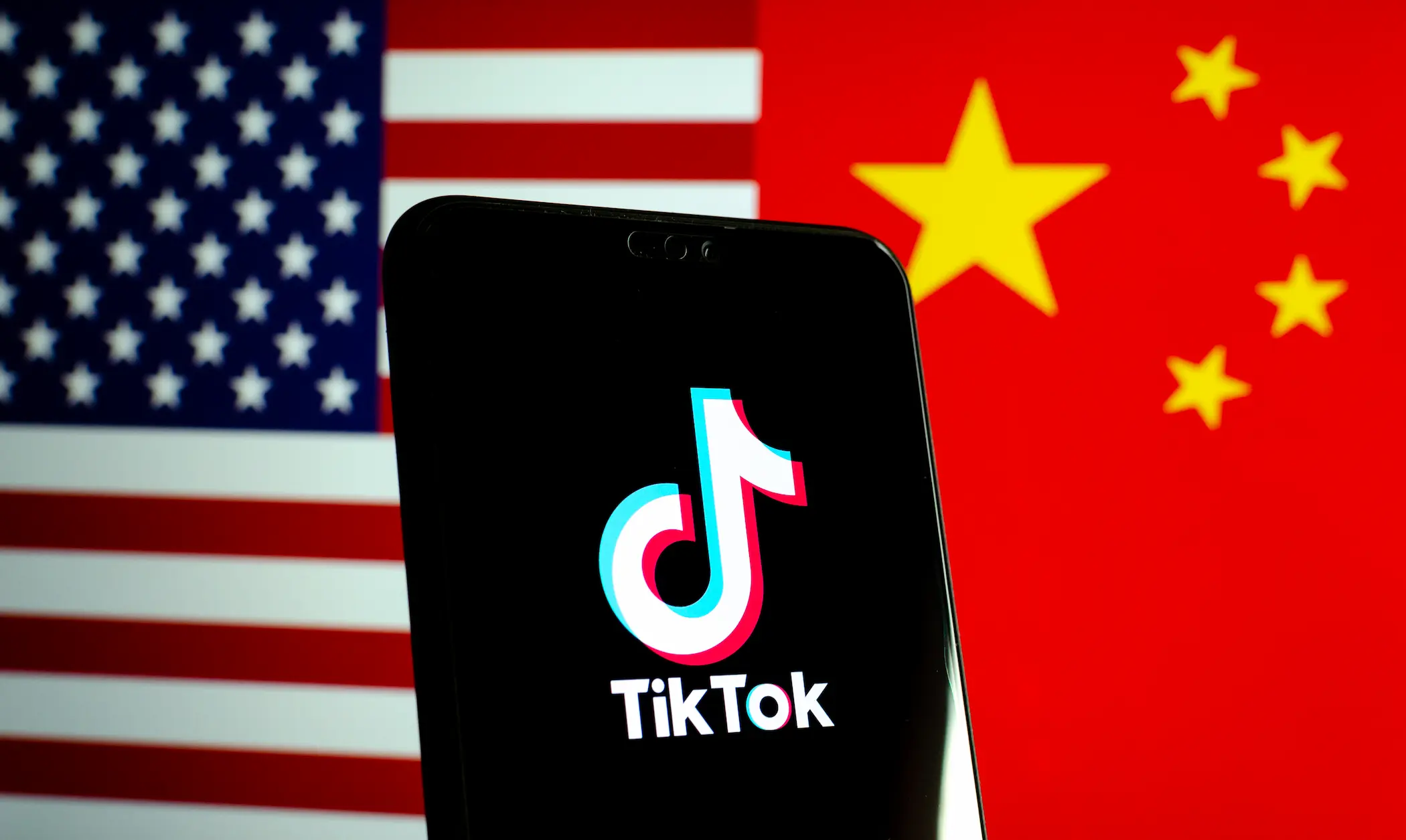
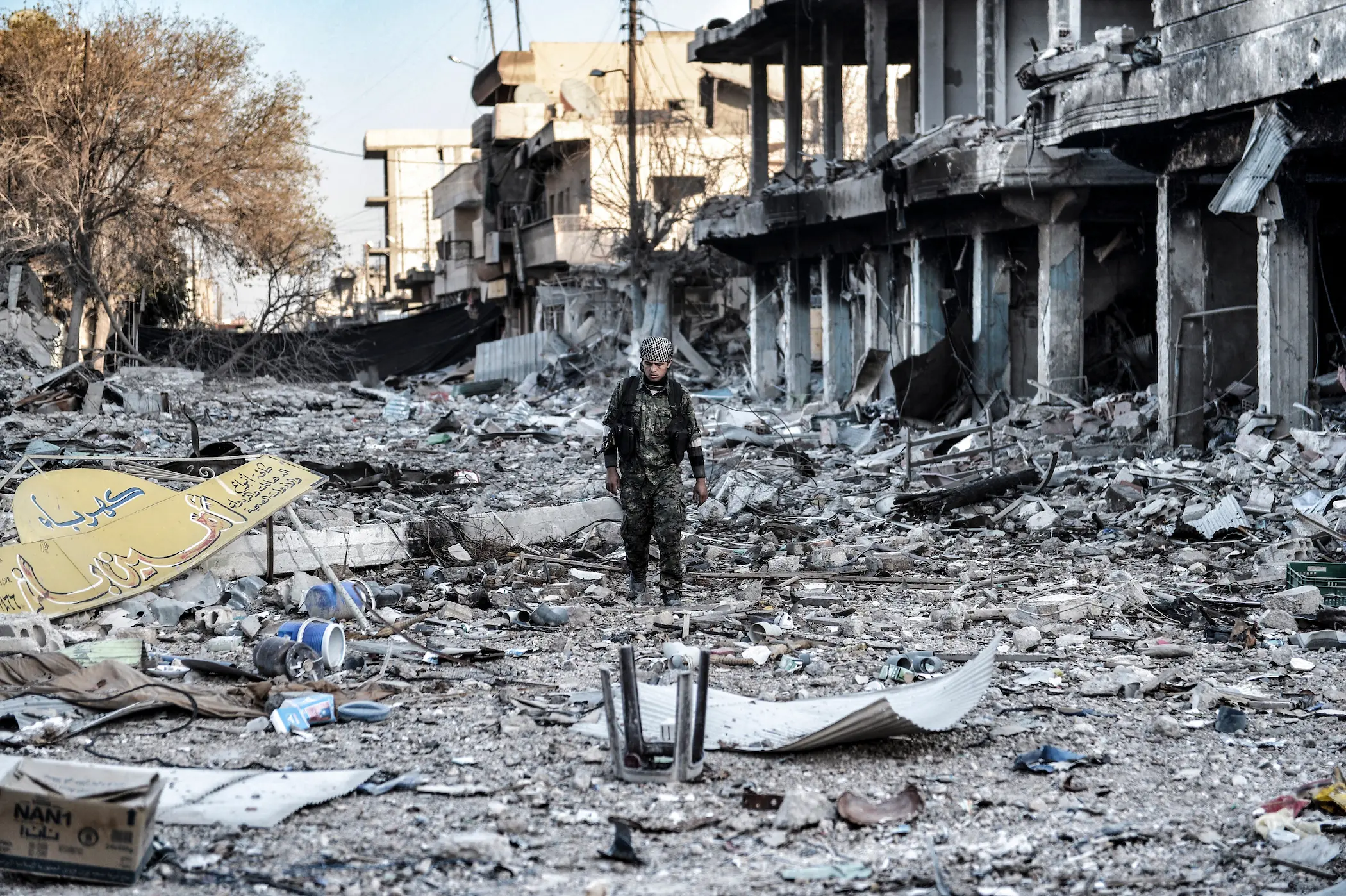
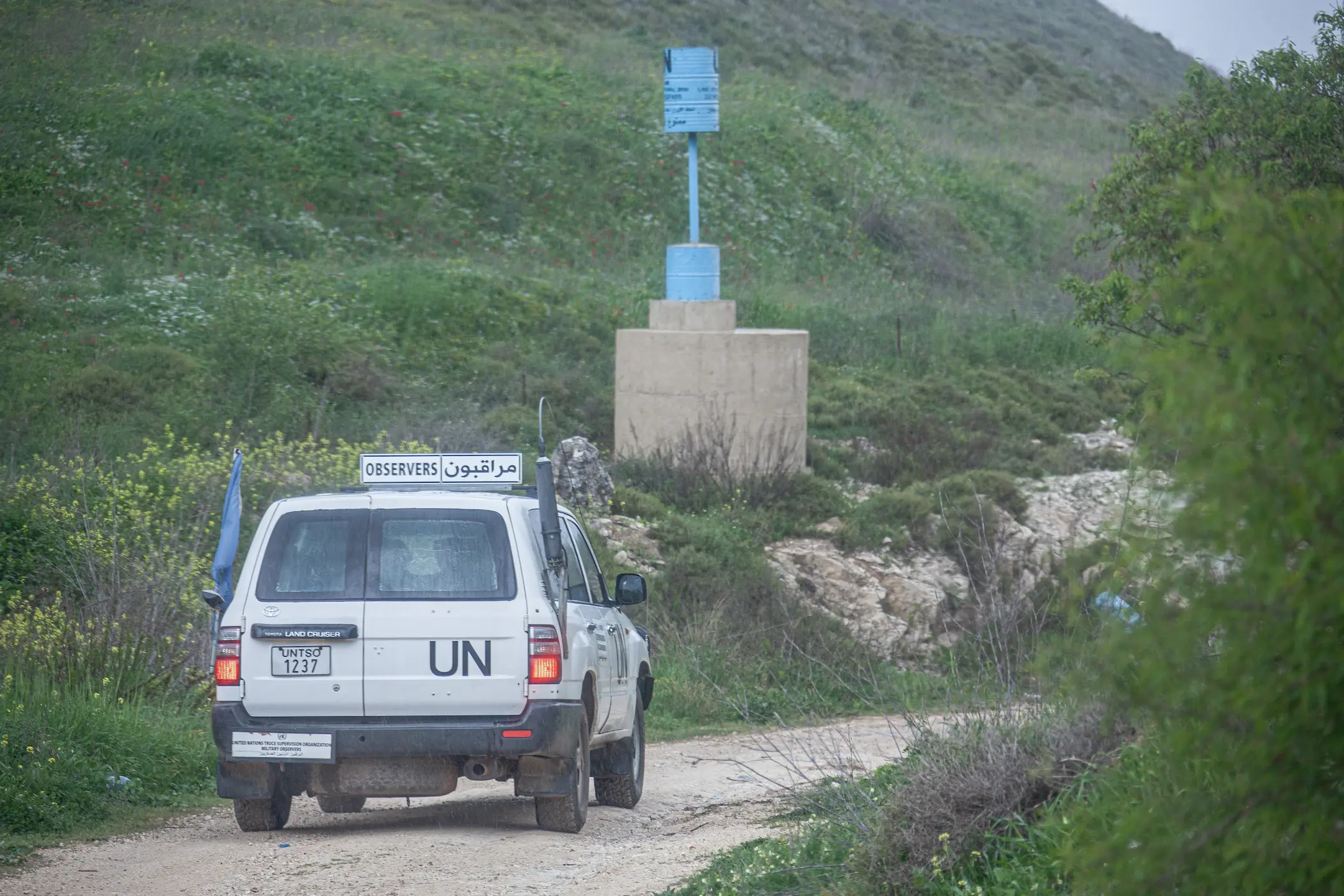
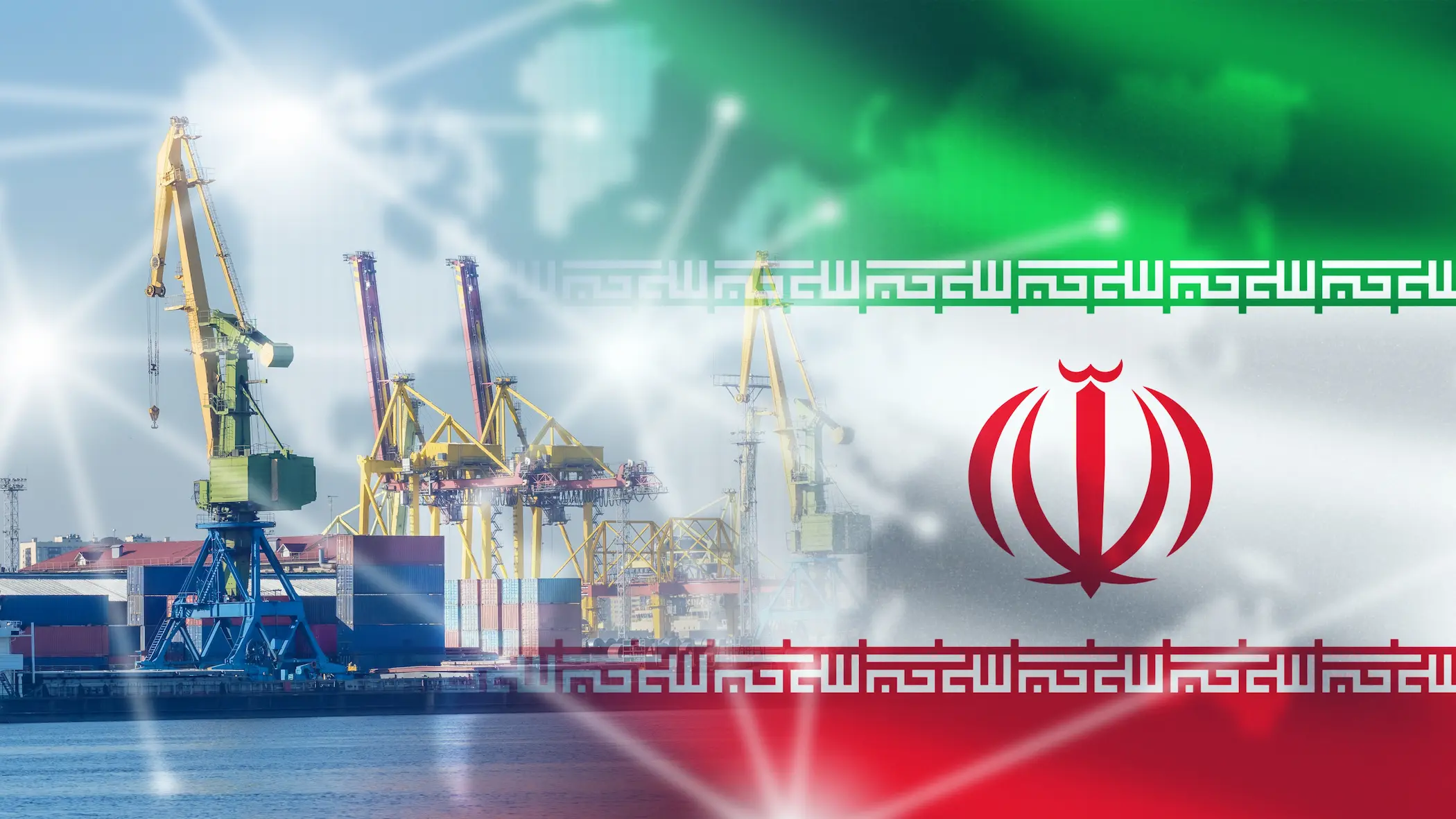




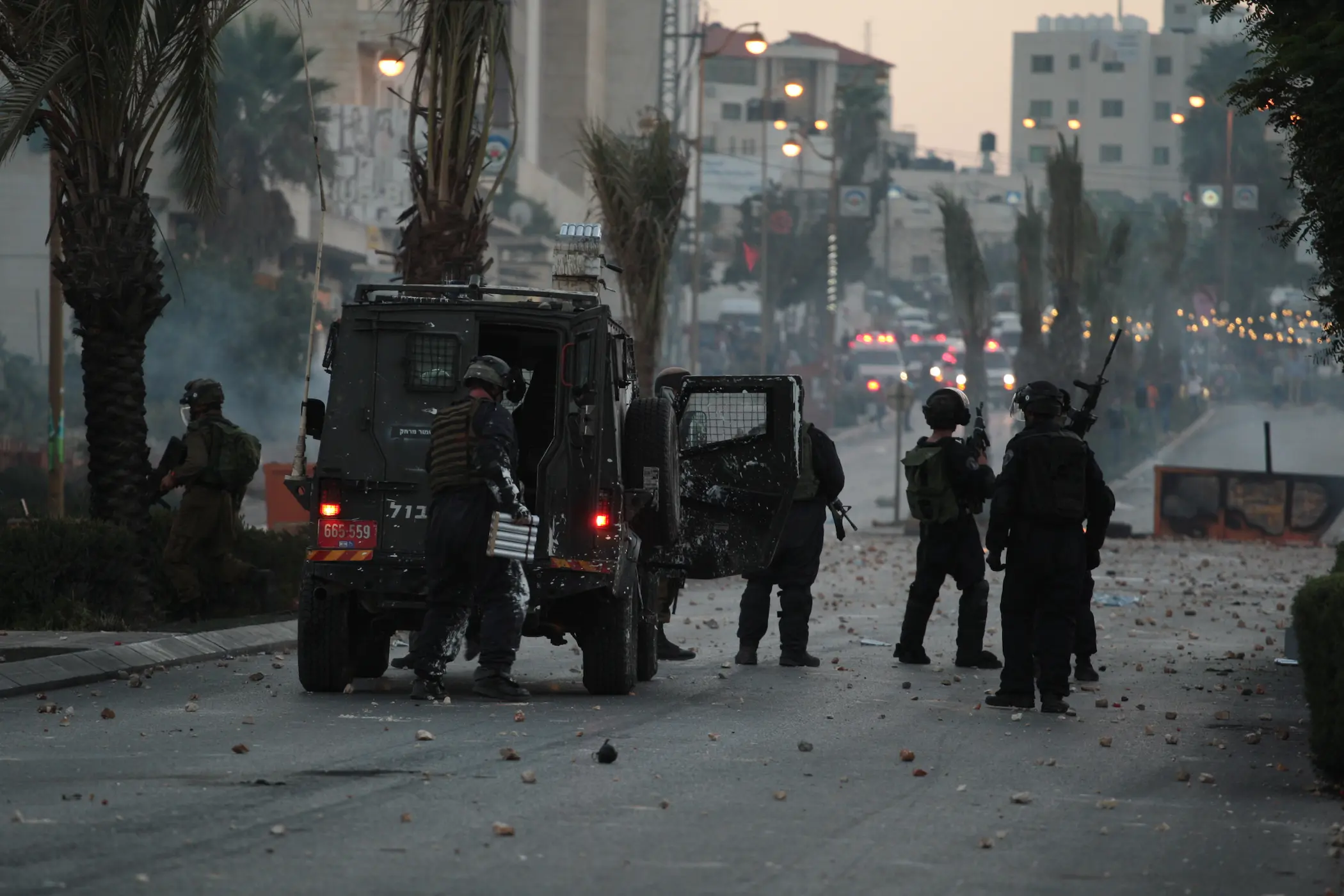
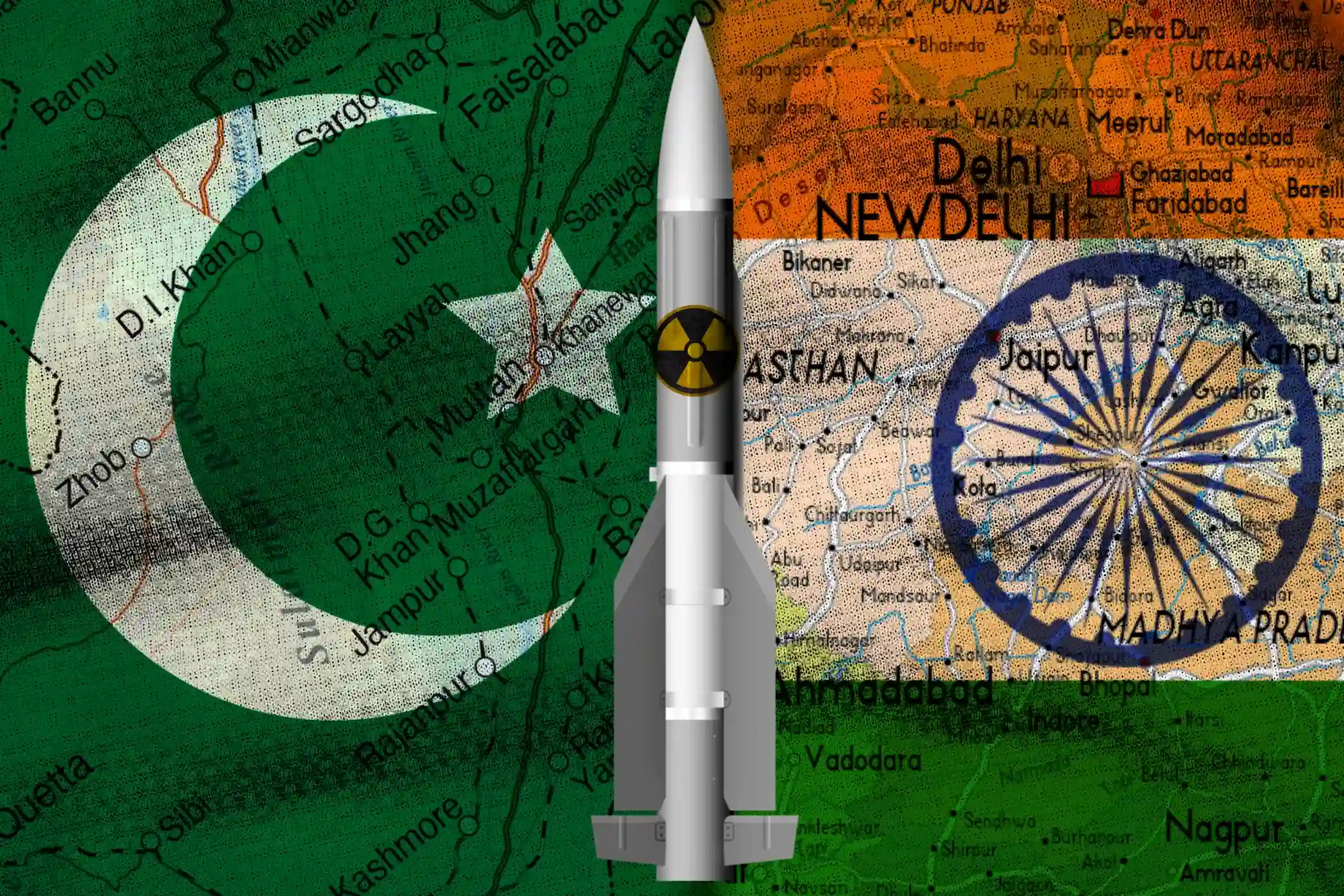


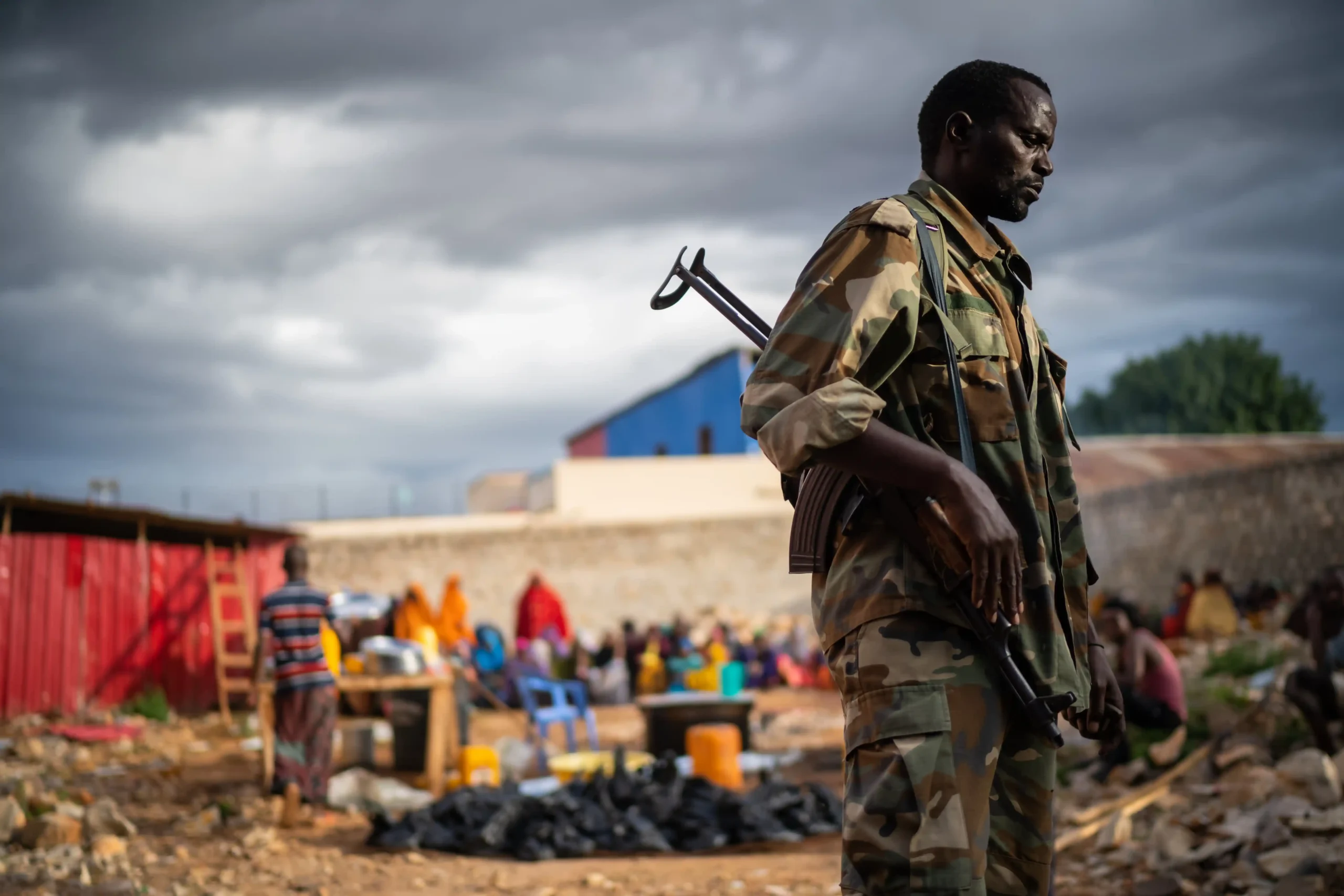
Comments